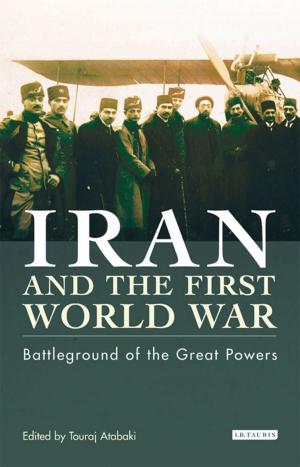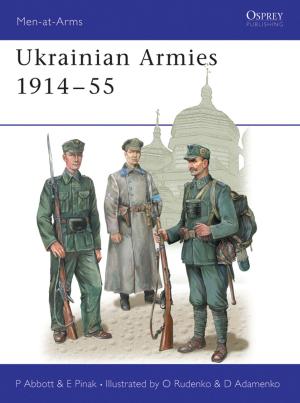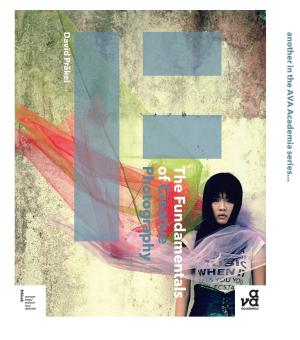Jewish Anxiety and the Novels of Philip Roth
Fiction & Literature, Literary Theory & Criticism, American, Nonfiction, Social & Cultural Studies, Social Science| Author: | Brett Ashley Kaplan | ISBN: | 9781628925036 |
| Publisher: | Bloomsbury Publishing | Publication: | February 26, 2015 |
| Imprint: | Bloomsbury Academic | Language: | English |
| Author: | Brett Ashley Kaplan |
| ISBN: | 9781628925036 |
| Publisher: | Bloomsbury Publishing |
| Publication: | February 26, 2015 |
| Imprint: | Bloomsbury Academic |
| Language: | English |
Jewish Anxiety and the Novels of Philip Roth argues that Roth's novels teach us that Jewish anxiety stems not only from fear of victimization but also from fear of perpetration. It is impossible to think about Jewish victimization without thinking about the Holocaust; and it is impossible to think about the taboo question of Jewish perpetration without thinking about Israel. Roth's texts explore the Israel-Palestine question and the Holocaust with varying degrees of intensity but all his novels scrutinize perpetration and victimization through examining racism and sexism in America. Brett Ashley Kaplan uses Roth's novels as springboards to illuminate larger problems of victimization and perpetration; masculinity, femininity, and gender; racism and anti-Semitism.
For if, as Kaplan argues, Jewish anxiety is not only about the fear of oppression, and we can begin to see how these anxieties function in terms of fears of perpetration, then perhaps we can begin to unpack the complicated dynamics around the line between the Holocaust and Israel-Palestine.
Jewish Anxiety and the Novels of Philip Roth argues that Roth's novels teach us that Jewish anxiety stems not only from fear of victimization but also from fear of perpetration. It is impossible to think about Jewish victimization without thinking about the Holocaust; and it is impossible to think about the taboo question of Jewish perpetration without thinking about Israel. Roth's texts explore the Israel-Palestine question and the Holocaust with varying degrees of intensity but all his novels scrutinize perpetration and victimization through examining racism and sexism in America. Brett Ashley Kaplan uses Roth's novels as springboards to illuminate larger problems of victimization and perpetration; masculinity, femininity, and gender; racism and anti-Semitism.
For if, as Kaplan argues, Jewish anxiety is not only about the fear of oppression, and we can begin to see how these anxieties function in terms of fears of perpetration, then perhaps we can begin to unpack the complicated dynamics around the line between the Holocaust and Israel-Palestine.















